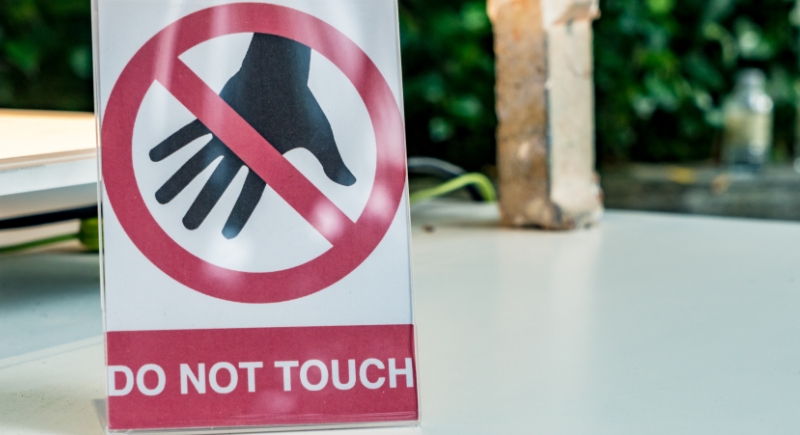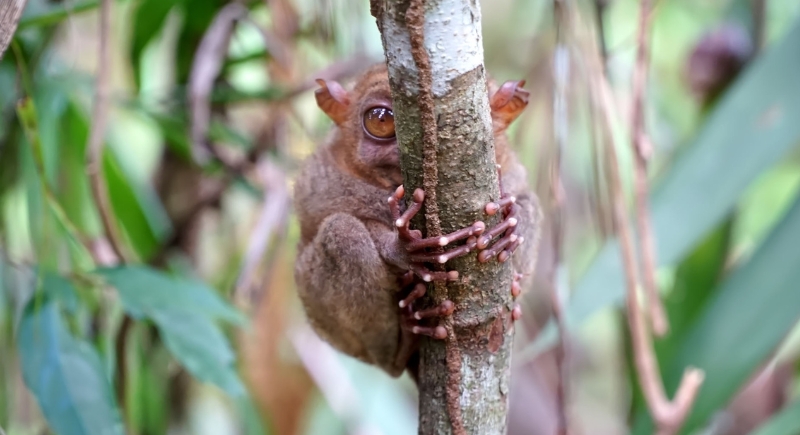This Adorable Animal Can Die if You Try to Pet It
The Philippine tarsier is one of the smallest primates on Earth. Its wide eyes and fragile frame often catch the attention of visitors in Bohol and Samar. At first glance, it seems like a harmless encounter, the kind of moment people want to remember. What many don’t realize is that this tiny animal lives with a nervous system so delicate that human contact can put its survival at risk.
A tarsier does not react to stress the way most animals do. It will not hiss or bite to protect itself. Instead, its body can simply shut down when the pressure becomes too much. What feels like a gentle gesture to us can tip the balance for them. The safest way to show care is to watch quietly and give them space.
Why is Petting Fatal for a Tarsier

Image via Getty Images/Santa Gig
When you touch a tarsier, it sends the nervous system into immediate panic. Unlike most animals, it doesn’t respond to fear by running or defending itself. Instead, its body begins to shut down. Conservation workers and sanctuary staff have seen tarsiers slam their heads against trees or cage bars shortly after being touched or overstimulated. Their skulls are so thin and fragile that even one impact can be fatal.
In some cases, they don’t react physically at all. Their breathing slows until it comes to a complete stop. This is because the stress overwhelms their system to the point that basic functions collapse.
How to Show Love to a Tarsier Without Petting It
If you really care about tarsiers, don’t try to get close. The best thing you can do is leave them alone. That means no reaching out or trying to get their attention, and definitely no touching.
Watch without making any noise, keep your distance, and don’t use flash when taking pictures. If you’re with a guide, follow their lead, but also be prepared to step back if others around you start crowding the animal. At the end of the day, these animals aren’t comforted by contact; they’re protected by your restraint. Let them stay hidden if they want to, because sometimes, not interfering is the most generous form of care you can offer.
Science Still Debates Why Animals Hurt Themselves

Image via Getty Images/Quentin_Murphy
Researchers still disagree on how to define self-harming behavior in animals. There are various professionals who believe it shows a level of emotional complexity that includes grief, trauma, or loss of control. Dolphins, for example, have been observed holding their breath until they cease to exist, especially when confined or separated from their group.
In one widely reported case, a captive bear reacted to the pain inflicted on her cub by fatally injuring both herself and the cub. Certain pets stop eating altogether after their owners leave this world and never recover.
While some experts view these responses as instinctive shutdowns, various people point to them as signs that deep psychological stress can overwhelm an animal’s will to survive. The debate continues, but what’s clear is that prolonged suffering can lead animals to give up entirely when they have no means to escape or cope.